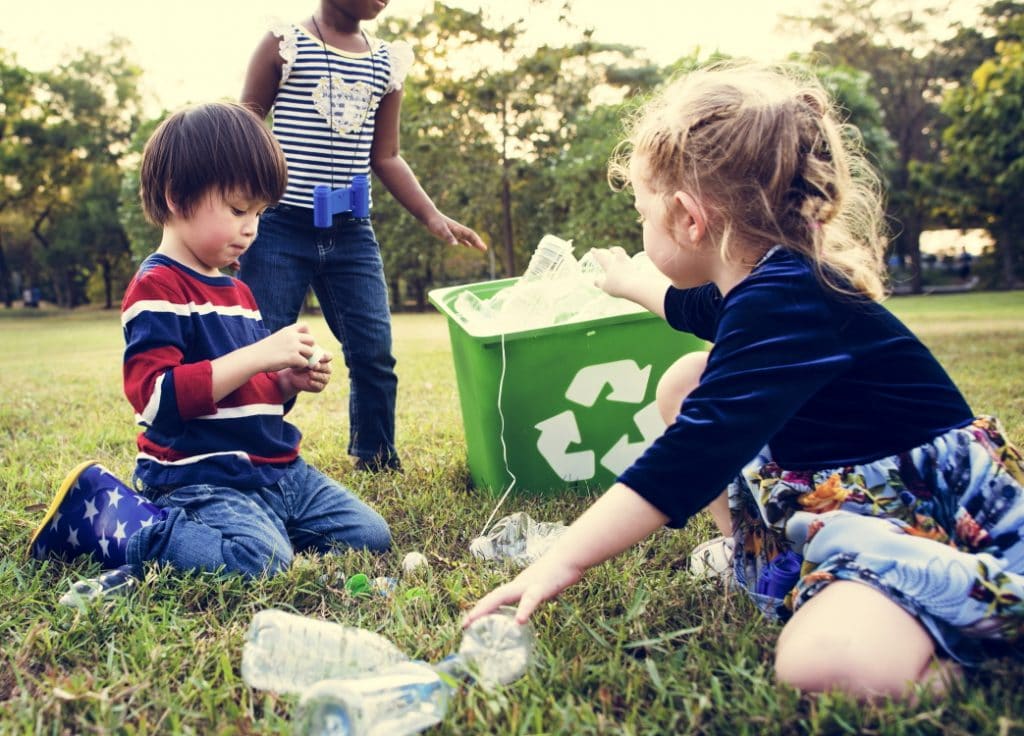ZERO WASTE TREND

Zero waste trend: Ecology at the heart of our schools.
In our common quest to save our planet, more and more people are adopting eco-responsible actions. Actions such as recycling, reducing water consumption, using public transportation, and many other environmental practices have become a daily routine.
However, it is undeniable that the waste challenge persists. This is why many initiatives aim to considerably reduce this environmental footprint. This Zero Waste trend is gaining ground, not only in homes, but also in schools, businesses, and within society in general.
Ecological schools in action
The ecological movement is gaining momentum in schools, where young generations are instilled with good habits from an early age. Some schools check students’ lunch boxes at lunchtime to make sure they don’t contain any waste. In addition, messages to parents printed on paper are gradually disappearing in favor of electronic communications. Schools also provide children with recycling and composting bins, thus encouraging responsible waste management.
The zero waste challenge for children and families
To help your children take on the zero waste challenge, here are five simple tips to follow:
1. Get them a lunch box.
2. Fill the lunch box with reusable containers.
3. Replace cardboard juices with a reusable bottle.
4. Include reusable utensils in the lunch box.
5. Replace paper napkins with reusable napkins.
However, it is important to note that with more reusable items there is an increased risk of misplacing them. This is where Cestamoi.ca can be of great use to you. You can label everything in your child’s lunch box, including the dishes and their lids, to avoid ending up with containers without lids.
Opt for the Cestamoi set to choose the stickers that best suit your needs. These stickers are specially designed to withstand the dishwasher, ensuring their durability.
With these initiatives, schools actively participate in promoting the Zero Waste trend, encouraging young people to adopt environmentally friendly habits from an early age.